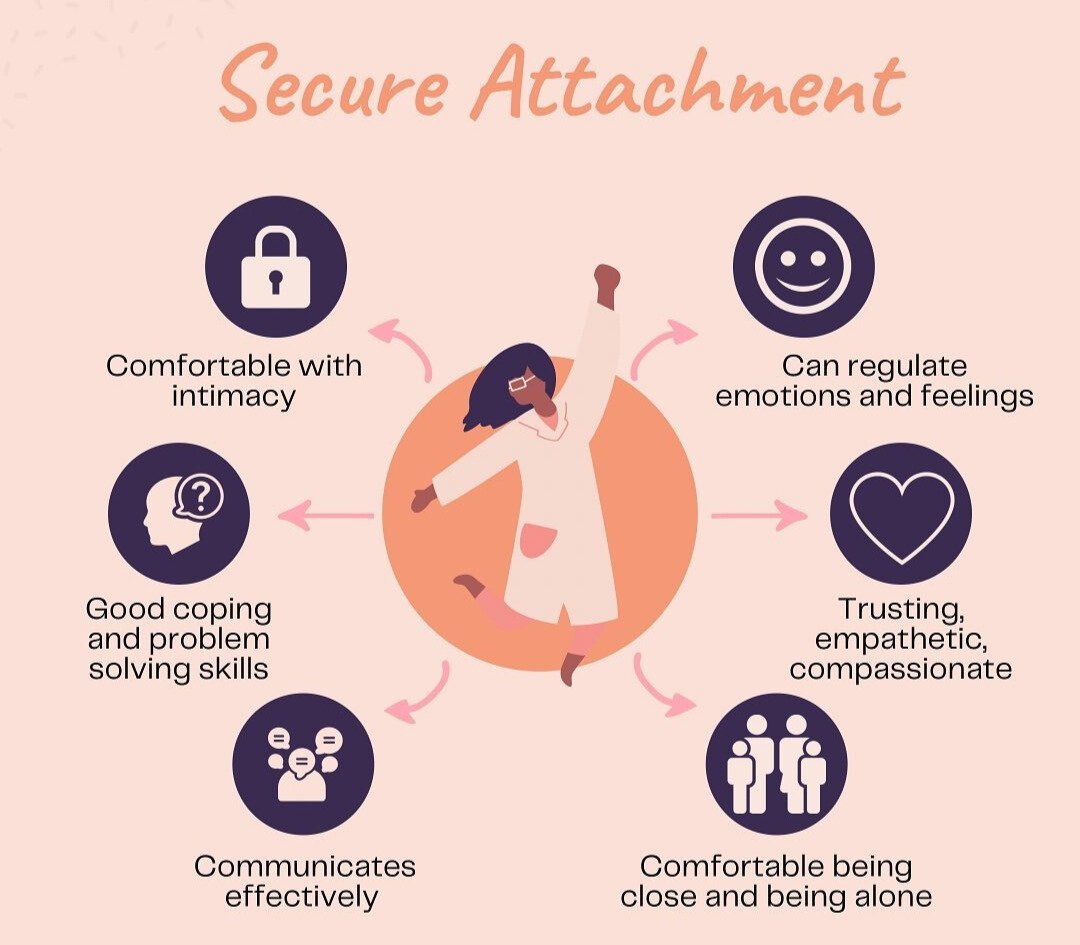
At this moment, I would describe my friendships with three words: deep, joyful, and erratic. I’m comfortable with those descriptors, with the exception of the last one…
A month after bringing home my now four-year-old daughter Ella, my husband Max and I relocated from our hometown of San Jose to a smaller farming community. This new town offered a refreshing, slower pace, safe neighborhoods, fantastic taquerias, and houses with mortgages we could truly afford. The only drawback? It’s an hour away from all the women in my life who feel like home.
For the first two years, with just one child in tow, the 60-minute drive back to San Jose for lunch with my girlfriends didn’t seem much of a challenge. But these days, life is so full. Ella attends daycare and has made her own new friends; every month sees me marking off more slots in the family calendar for birthday celebrations and playdates. We also had a second baby, my incredibly kissable little bundle, Emiliano. Coordinating care for two children with their grandparents, who also look after our kids during the week, along with finding a day when my equally busy friends are available, feels almost unfeasible.
Our group text resembles this meme.
Hence, at this stage of life, I’m focusing on two methods of connection to keep my friendship cup filled:
The first method is the spontaneous phone call. I’ll start by texting a friend five minutes before I have a window of free time, asking if they’re available for a quick chat. Occasionally, I’ll even make a cold call! Half the time, everything falls into place and we get to chat. I’ve maintained this ritual weekly with my best friend Angela while taking walks in my neighborhood. During our conversations, I’ve learned about her go-to weeknight dish (chopped Greek salad), her job-related stress (the tariffs!), and the reason she couldn’t make it to her grandmother’s birthday celebration (a nasty cold). Knowing these aspects of her daily life brings me so much closer to her. Sometimes our conversations last a glorious 30 minutes; other times, just five. No matter the length of the call, I always end feeling revitalized.
My second method of connection involves friend dates with kids. I cherish one-on-one quality time with my friends, but since scheduling that is challenging, I’ve realized I’d prefer to see them with my kids than not at all. Fortunately, my friends without kids are open to this arrangement. So, I’ll invite them over for a brunch at my place or we’ll gather for a picnic in the park. Full disclosure: There are plenty of disrupted conversations as I chase after my children. I recall the first few times we tried this method, I felt awkward saying, “Hold on for one second!” as I rushed to prevent Ella from attempting a questionable leap off the jungle gym. However, I then remembered: my friends are the women who supported me during my heartbreaks, stood beside me while I exchanged wedding vows, and organized meal trains for me after the births of my children. They reassured me that, of course, they want to be with me, even amidst my journey of raising young kids. Who am I to exclude them from this new chapter of my life?
Friendships are wonderful yet challenging, ebbing and flowing over time. While the manner in which my friends and I spend time together has changed from the past, I’m thankful we’re discovering new rhythms that suit all of us.
I’m curious: How are your friendships faring right now? Are you in a phase where you can see friends often? Do you feel swamped with work or personal commitments? Have you moved to a new location and started anew? I’d love to know.
P.S. 12 insightful reader comments on friendship and 13 enjoyable activities to do with friends that aren’t dinner.
**Assessing the Health and Strength of Your Friendships**
Friendships rank among the most cherished relationships we foster throughout our lives. They provide emotional support, companionship, and a sense of belonging. However, like any relationship, friendships require attention, mutual respect, and consistent evaluation to remain robust and satisfying. Assessing the health and strength of your friendships can aid you in identifying which connections are flourishing, which may need nurturing, and which might be sapping your emotional energy.
### Why Assess Your Friendships?
Reflecting on your friendships can assist you in:
– **Identifying supportive and significant connections**
– **Spotting toxic or one-sided relationships**
– **Understanding your own part in sustaining healthy friendships**
– **Making informed choices about where to invest your time and energy**
### Indicators of a Healthy Friendship
A resilient, healthy friendship is marked by mutual respect, trust, and support. Here are essential signs that your friendship is thriving:
#### 1. **Mutual Support**
You and your friend support one another through both the highs and lows. Whether celebrating a new job or coping with grief, a true friend provides encouragement and understanding.
#### 2. **Open and Honest Communication**
Thriving friendships rely on candid conversations. You feel at ease sharing your thoughts and feelings without fear of being judged or dismissed.
#### 3. **Respect for Boundaries**
A good friend honors your time, space, and personal boundaries. They recognize when you need some time alone or when you aren’t available, and they don’t take it to heart.
#### 4. **Equality and Reciprocity**
Friendships should be equitable. If one person is constantly giving while the other is only taking, it can lead to resentment. Strong friendships involve a balance of give-and-take.
#### 5. **Trust and Reliability**
You can rely on your friend to keep your confidences and honor their commitments. Trust is fundamental to any enduring relationship.
#### 6. **Positive Influence**
A healthy friend inspires your growth and well-being. They celebrate your achievements and encourage you to strive for your best self.
### Red Flags of an Unhealthy Friendship
Not all friendships are healthy. Some may become toxic or emotionally exhausting. Pay attention to these warning signs:
#### 1. **Continuous Negativity or Criticism**
If your friend often belittles you, mocks your decisions, or focuses solely on the negatives, it can undermine your self-esteem.
#### 2. **Absence of Support**
A friend who is unavailable during your tough times or dismissive of your challenges may not be a dependable source of support.
#### 3. **Manipulation or Control**
Toxic friendships may involve guilt-tripping, manipulation, or attempts to regulate your actions or choices.
#### 4. **Jealousy or Competition**
While a touch of friendly competition can be enjoyable, excessive jealousy or undermining your accomplishments indicates insecurity and imbalance.
#### 5. **One-Sided Effort**
If you’re always the one reaching out, making plans, or offering help, the friendship may lack balance.
### How to Assess Your Friendships
Consider these reflective questions to help gauge the health of your friendships:
– Do I feel uplifted or depleted after spending time with this person?
– Can I be my true self around them without fearing judgment?
– Do we both make an effort to maintain contact and share time together?
– Do they listen and show genuine interest in my life?
– How do they react when I establish boundaries or express my needs?
### Enhancing Your Friendships
If you identify areas for enhancement, consider these actions to bolster your friendships:
– **Communicate openly**: Express your feelings and concerns truthfully yet respectfully.
– **Show appreciation**: Let your friends know you value them through both words and actions.
– **Be dependable**: Honor your commitments and be present when it’s important.
– **Make time**: Elevate your friendships by scheduling regular meet-ups or check-ins.
– **Resolve conflicts**: Address misunderstandings in a calm and constructive manner.
### Moving On When Necessary
Sometimes, the healthiest choice is to step back from a friendship that no longer serves your well-being. If a relationship consistently brings stress, anxiety, or sadness, it may be time to let go. Ending a friendship can be challenging, but prioritizing your mental and emotional health is vital.
### Conclusion
Friendships are dynamic and evolve over time. By frequently evaluating the health and strength of your relationships, you can cultivate deeper connections, tackle issues proactively, and ensure your social circle enhances your overall wellness. Healthy friendships not only enrich your life but also contribute to your happiness, resilience, and personal development.




